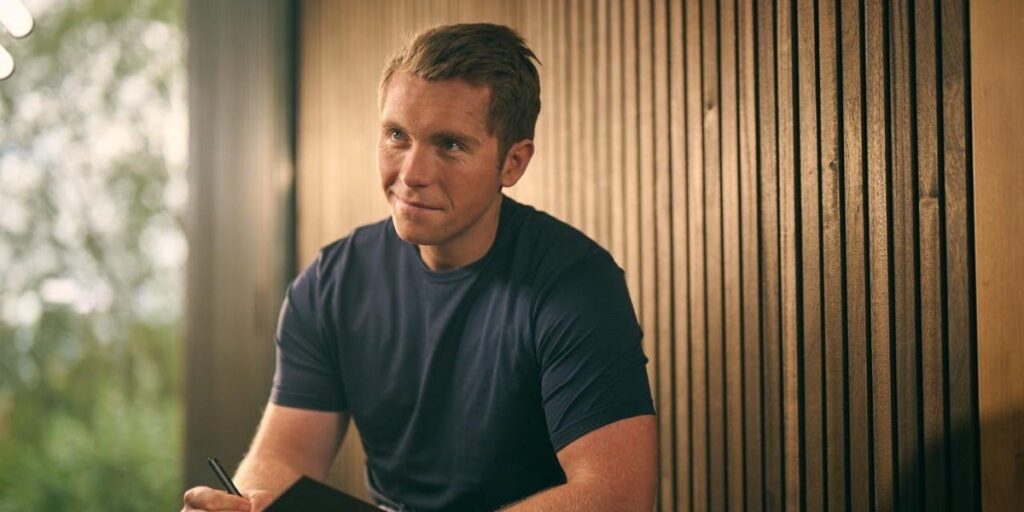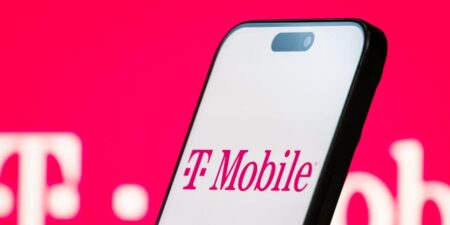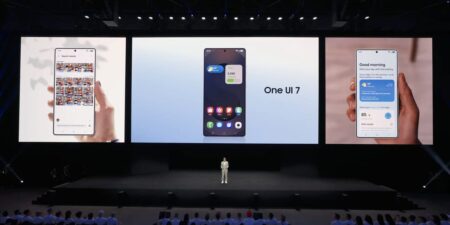Harry Stebbings, the 29-year-old founder of 20VC, sparked an online debate when he posted on LinkedIn last month that “7 days a week is the required velocity to win right now.”
That’s if “you want to build a $10 billion business,” Stebbings added in an interview with Business Insider.
“If you want to build a great business, fantastic. You don’t need to work seven days a week. You don’t need to absolutely burn the midnight oil,” Stebbings said, adding that if you do want to build a $10 billion business, “my lord, you have to give it everything.”
The founder’s post ended up fueling an online conversation about the comeback of China’s controversial 996 culture. Despite being deemed illegal by the Chinese government in 2021, it’s a practice of working from 9 a.m. to 9 p.m. six days a week that appears to still be happening at certain companies. Some have criticized the schedule, which has previously been attributed to worker deaths.
Stebbings said most of the backlash to his LinkedIn post came from European workers. Many American respondents, on the other hand, said a seven-day workweek was an obvious conclusion, Stebbings said.
Promoting a 7-day workweek
Stebbings, who has a 20-person firm, said there’s nuance to what a seven-day workweek should look like. The founder said he’s aware of his own limits and what it takes to maintain his energy. He urges his team to do the same by prioritizing stress relief, including working out during their lunch break.
In addition to an hour in the gym in the morning and an hour of walking after work, Stebbings said he spends 8:30 a.m. to 11:30 a.m. having business meeting while walking in London’s Hyde Park. He said he hits 30,000 steps every day, and walks a marathon with his mother every weekend.
While Stebbings said he supports people taking time off, in the last 11 years, he’s only taken two vacations, both within the United Kingdom, where he’s based. He typically works until around 1 a.m. each day, he said, with a break to walk and eat sushi — his first meal of the day — between 8:30 and 10:30 p.m.
“When your brain is starved, you’re much more alert because as an animal, we’re like trained to be a lot more active and looking for food,” Stebbings said. “And so, I find my alertness goes up a lot.”
His employees seem to share a similar mindset of prioritizing work. When Stebbings leaves the office at 8 p.m., he said the office is still full.
“They get paid really well and they do the most meaningful work of their lives, right?” Stebbings said about his staff. “So they seem pretty happy.”
Stebbings said he believes that people feel happy when work is going well and they have momentum. He added that “winning” is one of the biggest ways to contribute to society, and harder work leads to a higher likelihood of winning.
A short-term hustle
While Stebbings prioritizes work and expects his employees to do the same, he doesn’t necessarily promote living this lifestyle long-term.
“You cannot work in this manner for more than three to five years,” Stebbings said. “The most important thing to understand is when you are in your first three years, speed is your single biggest competitive advantage.”
Stebbings said his decision to work at this pace for over a decade is a personal choice. However, once someone is five or six years into a job, they’ve built efficiency processes and playbooks so that they can have more downtime and less intensity in their day-to-day, he said.
Until then, Stebbings promotes working relentlessly for those who want to build a $10 billion business.
“I think this is what everyone, especially in Europe, forgets. We are in a global war for efficiency and data,” Stebbings said.
Read the full article here
















